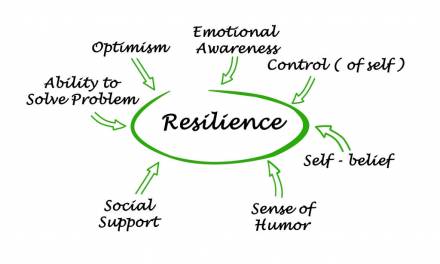English is often a love it or hate it subject. For those pupils who enjoy great literature and poetry, they look forward to exploring the pages of the texts they are studying or letting loose their creative imagination in writing fiction which explores their thoughts and enables talent to be seen.
For those who do not enjoy English, it can feel like a dull experience they are forced to attend, either because they can’t relate the work they are asked to complete to any part of real life or because of low literacy levels and any associated learning difficulties.
English must be presented in a way that excites, enthuses and enthrals. The novels and plays studied have to jump off the page and the ways of opening up the creative mind should be gently probed to bring out the author in each and every pupil.
Drama based classes
Turning English texts into drama-based classes always helps with understanding. It’s also a way to raise engagement through getting the pupils moving rather than sitting at their desk for the whole class. The class should have activities which explore the set text with experiences they can draw from their own lives; these in turn can be then used to develop critical thinking skills, creative writing skills and group work, communication and applying what is happening in their own lives to the curriculum work. Turning their experiences into plays and then linking this into scenes from plays being studied are particularly good for enhancing engagement.
The use of the 10:2 method
The 10:2 method means 10 minutes of active teaching followed by 2 minutes of the pupil having the opportunity to process the ideas which have just been presented to them. This can happen through a number of methods such as question and answer on the topics covered, discussion with a classmate and then feedback to the teacher, or the time spent writing a question regarding the lesson content on a post-it note, pinned to a board at the front of the class and each one discussed or answered by the teacher. This is useful for poetry where the meaning may not be immediately obvious and gives everyone the chance to participate and to actively ask if they don’t understand rather than leave the lesson confused.
3-2-1 method of summary
Towards the end of a lesson, the class is given time to write down:
- 3 things they have learned
- 2 interesting things about the lesson; the section of the novel, their thoughts on characters perhaps
- 1 question they have about the content of the lesson
Feedback and questioning opportunities are vital for those studying English at any level. Comprehension and being able to relate the work being studied are the two key components to success. Engagement is raised through active participation, exploring creative thoughts and ideas and having the chance to relate the words on the page to their individual lives. If it means something to the pupil, they will engage, learn, understand and achieve.









